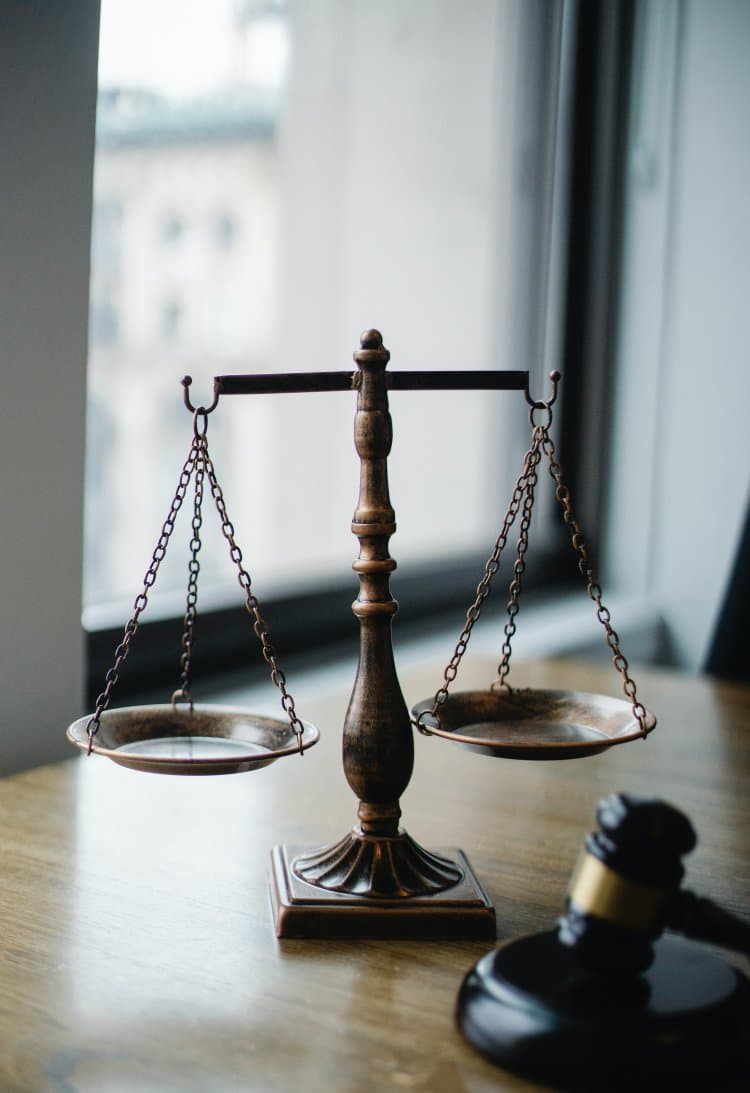
The Courts system of the UAE
The stability and well-being of the UAE is strongly complemented by the independence of the Emirati judiciary. Cases handled by Emirati Courts are dealt with fair procedure, without any interference from any authority whatsoever. According to Article 45 of the Constitution of UAE, the Federal Judiciary is one of the five bodies that comprise the federal authorities of the UAE Government.
In consonance with the mandate of the Constitution and for proper distribution of disputes, the structure of the UAE judiciary runs in two systems:
● The Federal Judiciary
● Local Judicial Departments
The Constitution allows each of the seven emirates to either choose to participate in the Federal Judiciary or maintain their independent judicial system. Accordingly, Sharjah, Ajman Fujairah and Umm Al Quwain follow the federal judicial system whereas Abu Dhabi, Dubai and Ras Al Khaimah maintain their independent judicial departments.
Three-level Court system
The federal and local court systems adopt three levels of Courts. The courts' degrees in the UAE are:
● Court of First Instance (at the federal and local levels)
● Court of Appeal (at the federal and local levels)
● The Federal Supreme Court (at the federal level) and the Court of Cassation at the local level of the emirates have independent judicial departments.
As per the provisions of Federal Law No. 11 of 1992 (as amended by Law No. 10 of 2014 concerning the Civil Procedural Law), if the ruling of the Court of First Instance is not satisfactory, it can be challenged before the Court of Appeal and then the Court of Cassation.
Court of First Instance, as the name suggests, is the first Court where the dispute is subjected to adjudication. This Court has jurisdiction to hear all civil, commercial, administrative, labour and personal status lawsuits. It is also in charge of enforcing judicial execution deeds, as well as executions by deputation or reference.
Court of Appeal is the second degree of litigation where an aggrieved litigant may appeal his/her case as per the provisions of the civil and criminal procedural laws effective in the UAE. However, the right to appeal is subject to the limitation period. If the appeal is not filed within this period, the right of appeal fails.
Court of Cassation (at the local level) and the Federal Supreme Court is the higher judicial body with the power to try cases contested by the Court of Appeals. It supervises the interpretation of laws and their proper enforcement. At this court, litigants may appeal only on points of law alone, such as violation of the law, erroneous application or interpretation of the law. Appeals before this Court are subject to the limitation period and pecuniary constraints. All decisions of the Court of Cassation are final and binding on all parties and are not subject to appeal.
Other Courts
While the federal and local three-tier judicial systems were efficient enough, an increase in the number of disputes and the requirement of expertise to adjudicate upon certain disputes made it necessary for the establishment of other Courts to deliver justice in its true sense. Therefore, the following Courts were also established:
● Circuit Courts (Minor and major)
● Labour Court
● Personal Status Court
● Civil Courts
● Commercial Courts
● Criminal Courts
A single judge presides over the Minor Circuit Courts, which render first instance decisions on civil, commercial, and labour proceedings with a maximum value of AED 500,000. If the lawsuit's worth does not exceed AED 20,000, the minor circuits' rulings in all instances shall be considered final.
Three judges comprise the Major Circuit Courts. All civil, commercial, and labour disputes that are not covered by the minor circuits are subject to their jurisdiction. Additionally, they handle temporary or summary claims, real estate proceedings regardless of their value, bankruptcy and preventive composition litigation.
As per the provisions of Federal Decree Law No. 33 of 2021, labour courts hear matters involving labour disputes in the private sector.
Cases involving the financial rights of people and legal entities like businesses, institutions, and government agencies are handled by civil courts. Cases may involve disagreements about the legality, execution, cancellation, or termination of contracts, intellectual property, real estate, and mortgages.
Commercial courts deal with business agreements and commitments, financial transactions, commercial paperwork, bankruptcy, and related concerns.
The Criminal Courts of each Emirate adjudicate crimes brought by the federal or local prosecution.
Finally, with the increasing popularity of alternate dispute resolution mechanisms, a large number of high-value commercial transactions, both domestic and international, choose to resolve their disputes using negotiation, mediation or before an arbitral tribunal. With the establishment of the Dubai International Arbitration Centre, sufficient means have also been placed to cater to this form of dispute resolution in an efficient and time-bound manner.
The UAE's policies and laws have always conformed with the prevailing international standards to keep the country in tune with the best and most efficient legal practices. This has, and shall continue to help the UAE be one of the most desired destinations for businesses and investors.
For any enquiries or information, contact info@thelawreporters.com or call us on +971 52 644 3004